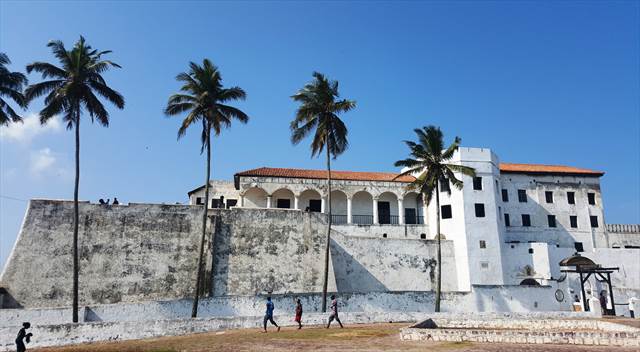Graman Quassi is on record to be one of the few Black African innovators who got credit for their work – the list of those who didn't receive mentions for their achievements is endless. Quassi did not only go down in history as the man who discovered the working substitute to Quinine, which has successfully treated millions of people worldwide. The plant was named after him.
The plant named after Graman Quassi is called Quassia amara. It is also known as Amargo, bitter-ash, bitter-wood, or hombre grande. The plant is a species in the genus Quassia, with some botanists treating it as the sole species in the genus.
Why was it named after him? Simple! The genus was named by Carl Linnaeus, who named it after the first botanist to describe it: the Surinamese freedman Graman Quassi. Although he did not name it, the scientist who named the plant could not help but name it after Graman Quassi in recognition of his efforts in discovering a substitute that literarily saved mankind.
Who Was Graman Quassi?
Graman Quassi (also spelled Quacy, Kwasi, and Quasi) is identified in some historical texts as Kwasimukamba. He was born in 1692 in what is today known as modern Ghana.
He was a Surinamese healer, botanist, slave, and later freedman of the 18th century, who is today best known for having given his name to the plant genus Quassia. Quassi's roots were among the Kwa-speaking Akan people of present-day Ghana, but as a child, he was enslaved and brought to the New World.
As a slave in Suriname, a Dutch colony in South America, he participated in the wars against the Saramaka maroons as a scout and negotiator for the Dutch, and he lost his right ear during the fighting. For this reason, the Surinamese maroons remember him as a traitor.
Kwasi worked as a healer of some renown and fared so well that he was able to get his freedom and travel to the Netherlands.
One of his remedies was a bitter tea that he used to treat infections by intestinal parasites, and this concoction was based on the plant Quassia Amara, which Carl Linnaeus named after him, as the discoverer of its medicinal properties.
Although the timing and location of Quassi's discoveries aren't precise, researchers think he probably discovered the properties of Quassia amara before 1730. He may have shared his findings with a visiting Swedish naturalist Nils Dahlberg around 1761.
Quassia continues to be used in industrially produced medicines against intestinal parasites today. In contemporary accounts, he was described as "one of the most extraordinary black men in Suriname, and perhaps the world." He died in 1780 in Paramaribo.
Today, Quassi is just one of many natural scientists and collectors whose significant contributions have been neglected or overwritten in the canon of Western scientific history – and sadly so.







